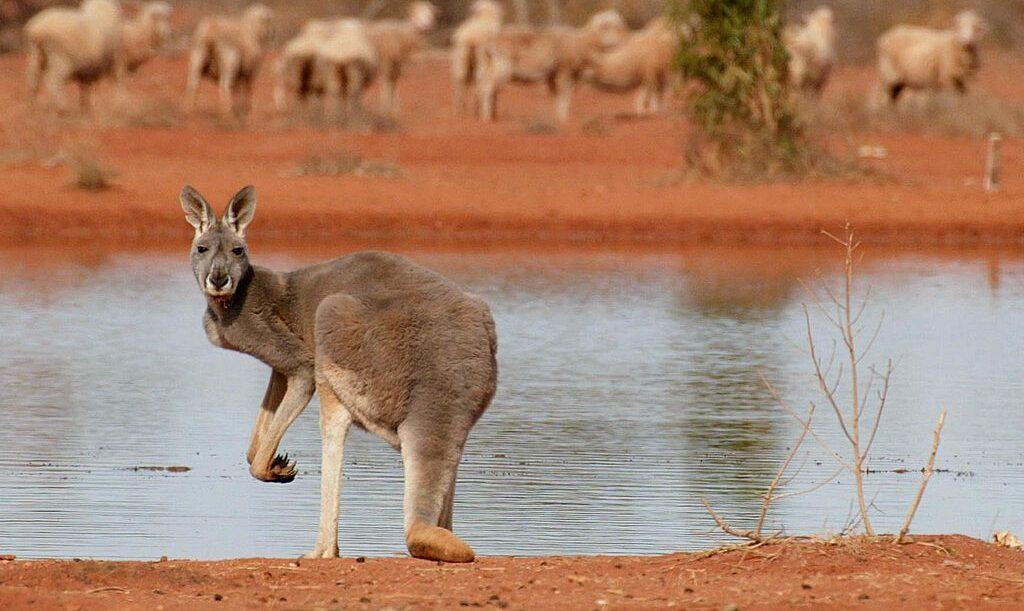A New South Wales (NSW) man has appeared in the Raymond Terrace Local Court today after being arrested by a police rural crime prevention team in the state’s Hunter Valley after 98 kangaroos were found shot to death on Singleton Army base.
He faces six charges, including aggravated animal cruelty, discharging a firearm on the base, trespassing on Commonwealth land, and harming or attempting to harm protected animals.





